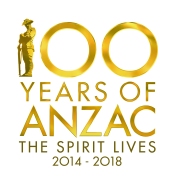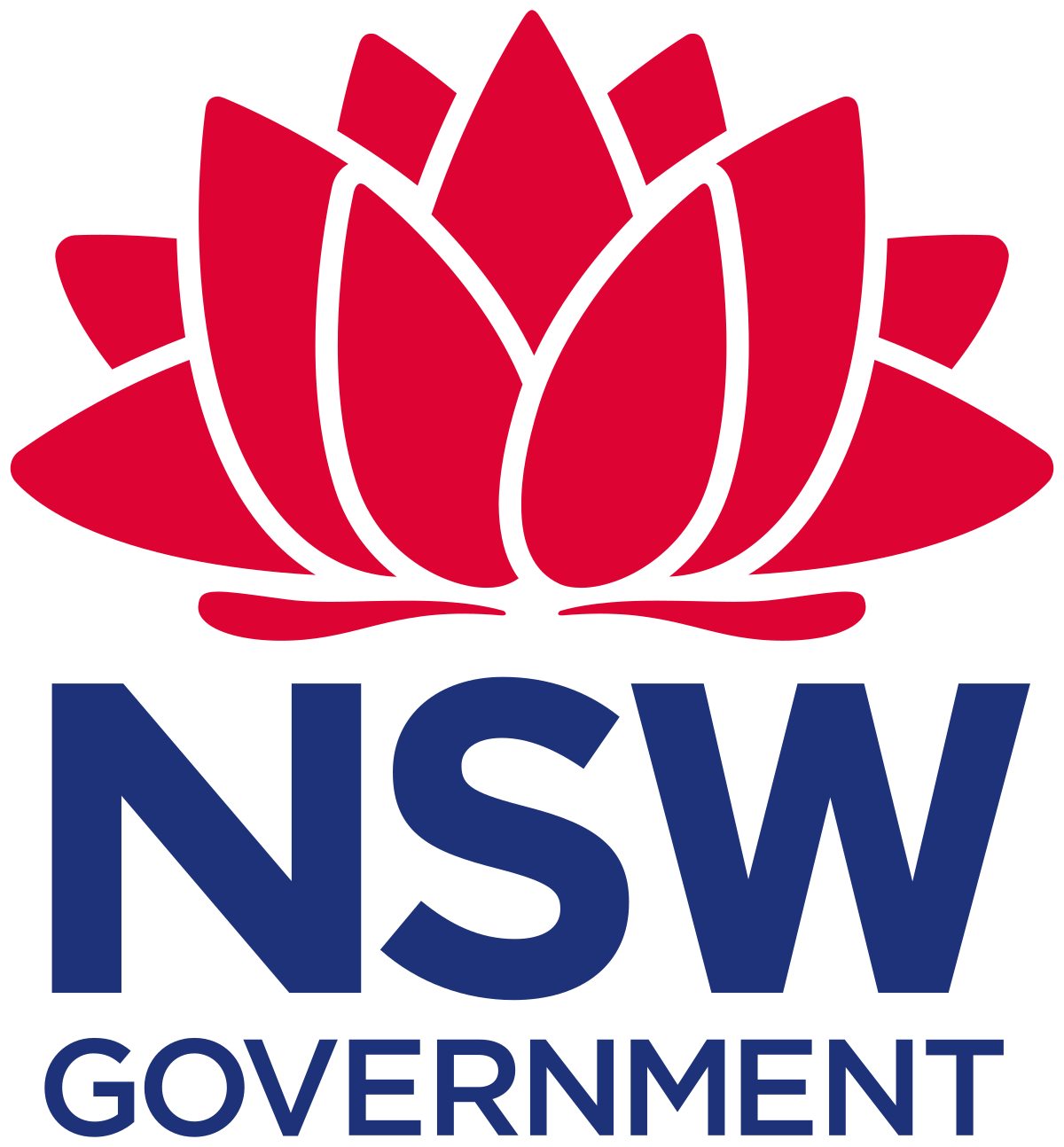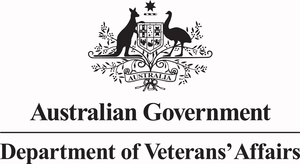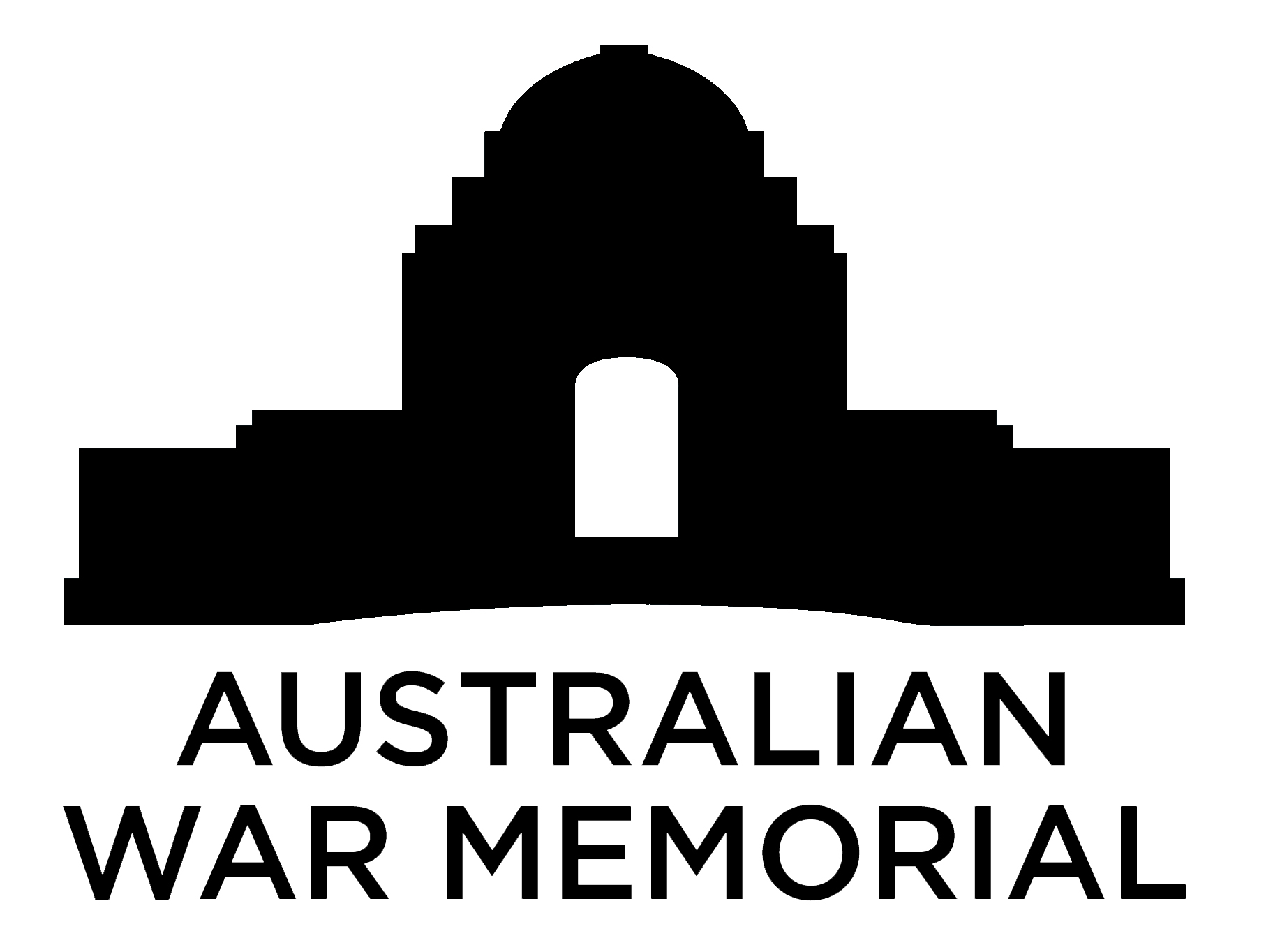On Sunday, 10 August in the Sydney Town Hall, the choir gave its second subscription concert of 2014, the premiere performance of Christopher Bowen’s and Pamela Traynor’s An Australian War Requiem, commissioned by the choir to mark the centenary of the outbreak of World War One and the Anzac landing.
This blog post confines itself to a report on the performance. The story of the magnificent organizational efforts of choir members, Evelyne DeClercq and Marilyn Gosling, to achieve official recognition and funding of the project, and the outstandingly professional PR effort of Rosalie O’Neale to achieve advance publicity for the performance can be told elsewhere. President David Herrero was also intensively involved in the detailed logistical planning of the concert. Suffice to say, the measure of Evelyne’s, Marilyn’s and David’s success, as well as those who worked so hard behind—and in front of—the scenes on the day, is that the concert did actually take place with hardly a hitch. Attended by a host of Australian and international VIPs, led by the Governor- General, General the Hon. Sir Peter Cosgrove AK MC (retd) and Lady Cosgrove present, and, as with our Verdi Requiem of April 2013, the superb space of the Sydney Town Hall was almost completely full. It was a marvelous feeling for us choristers to sit on the risers before the concert began and watch the large audience swarm in; this put to rest one of the major worries we had had in advance.
After rehearsing the work with Amy Putt at the piano for a couple of months from February, the Choir had developed a respect and admiration for An Australian War Requiem. Christopher’s ability and enthusiasm to sing SAT and B had given us an idea of how the soloists’ parts fitted in with the choral part, and this was very useful when we, the guest choir, children’s choir, orchestra and soloists came together at Fort Street High School the day before the performance. At that point, it dawned on many of us that this is a very special work indeed. I had an extra reference point for judging the quality of the music in those members of the Joubert Singers of Hunters Hill, to which I also belong, who had joined the guest choir (which totaled some 70). To a man and woman, they found it a moving and exciting musical experience.
This assessment was confirmed at the full rehearsal on the morning of the performance in the Town Hall and at the concert that afternoon. We had the opportunity once again to recognize the blessing we have in our talented orchestral musicians, who included such tried and trusty players as Stan Kornel, who was once again Concertmaster, Inge Courtney Haentjes (violin), John Benz (cello), Paul Laszlo (double bass), Duncan Thorpe (oboe), Bronwen Needham (flute), Deborah de Graaff (clarinet), Graham Nichols( French horn) Michael Wyborn (trombone) and Steve Machamer (timpani). On this occasion, Amy Putt also played in the performance she had done so much to prepare for, by taking the part for celeste.
We enjoyed the youthful dedication and talent of the kids of Waitara Voices (from Waitara Public School), trained by Jenny Bell, and reinforced by about a dozen young singers from Fort Street High School (trained bya member of our Soprano section, Lyndall Haylen). In rehearsal, they struggled with a tricky entry towards the end of Tableau Three, but by the performance had ironed this out successfully. They made an important contribution to the event.
Five outstanding young soloists sang in the concert. Celeste Lazarenko (soprano) represented the mothers of the Diggers away at the war; Ayse Göknur Shanal (soprano), of Turkish ethnicity, sang the Stabat Mater, which Christopher and Pamela had woven into the text as an important element, and sang the moving words of a battlefield nurse towards the end of the work.
There should be a beautiful corner of musical heaven for those artists, who step in to performances at short notice to replace others forced to drop out, thereby enabling the show to go on and so obviating the horror of late cancellation. For example, Paul Morris (tenor) came in late in the piece to our performance of Haydn’s Die Jahreszeiten in August 2009, thereby facilitating a memorable concert On this occasion, Andrew Goodwin (tenor) was unable at the last moment to participate in rehearsals and, thankfully, Henry Choo, who had sung with us in last year’s Johannes Passion, stepped in and made a remarkably good fist of his important role as the Soldier, despite only seeing the score for the first time a week before the concert.
Christopher Richardson (baritone), who, with Ayse, had performed in our December ‘Salzburg Connection’ concert, had the moving words of Kemal Atatürk, father of modern Turkey, to sing. He did so with an elegance appropriate to the persona of the famous statesman. Adrian Tamburini (bass) had some of the most moving parts of the text to deliver, and his strong, deep voice made a heartbreaking delivery of ‘I’m done, boys, I’m done…’ in the final Tableau.
All in all, this was a very strong group of soloists, who did an excellent job for the new work.
Mention should also be made of Adam Malone(trumpet), who played the Last Post from the rear of the hall towards the end of the work, flawlessly without fluffs, and of Zac Webster, a student of The Scots College, who played with assurance a very exposed solo Lament for bagpipes, from the vestibule, accompanied by timpani, to bring An Australian War Requiem to an emotional close.
The enlarged choir, conscious of the new artistic ground they were covering, and well but not obsessively drilled in his requirements by Christopher, gave an enthusiastic and impressive performance. This is a particular credit to the guest singers, who had less time and opportunity than the rest of us to familiarize themselves with the music but nevertheless integrated themselves effectively into the common cause.
The performance was more than an excellent musical production. Christoph Kaufmann excelled himself with a beautiful and larger than usual program, which included a message from Prime Minister Tony Abbott, who wrote:
The premiere of An Australian War Requiem by the Sydney University Graduate Choir, guest choristers and orchestra is a fitting tribute to the sacrifices our forbears made for our prosperity and freedom.
There were also messages from the Ambassador of Kingdom of Belgium and the Consuls-General of Germany, New Zealand and Turkey. We were grateful for the guidance and support of the Federal Department of Veterans’ Affairs, which gave permission for the use of the highly prized and carefully protected official logo of the Anzac Centenary in the program.
In the half hour prior to the beginning of the concert, a series of images provided by the Australian War Museum, were projected onto a large screen above the stage. And in the two breaks between the tableaux, further images were projected onto the screen, while brief instrumental interludes were performed in the orchestra.
The response from the audience was immediately and overwhelmingly positive. There was a prolonged ovation in the hall. We have subsequently received many enthusiastic written comments —in my own case, three audience members I had invited provided a crescendo of praise, describing the performance, successively, as ‘outstanding’, a ‘triumph’, and a ‘a wonderful experience’.
A review of the concert was provided by Luke Iredale in the online publication, Classikon. Thanks to him for his contribution, which included perceptive and pleasant comments like the following:
Christopher Bowen’s An Australian War Requiem is the end result of a truly staggering effort…..Bowen’s music, was at turns haunting, stark and dramatic, with a flair for clever orchestration and rich choral writing…..The Sydney University Graduate Choir displayed excellent control, diction and uniformity of sound, notably in the exciting 7/8 rush of the ‘Shells Burst’ chorus…..Other highlights included the exceptionally well-trained voices of the Waitara children’s choir…The audience at Sydney’s beautiful Town Hall {was left} feeling as though they’d been part of something truly unique. On this solemn anniversary what better way to remember and honour the memories of Australia’s fallen soldiers than through the beauty and clarity of the human voice?
So, it is clear that Christopher Bowen’s and Pamela Traynor’s brilliant creative work vindicated in spades the Choir’s decision to commission An Australian War Requiem. Our task now is to try to promote a second performance.
John Bowan






